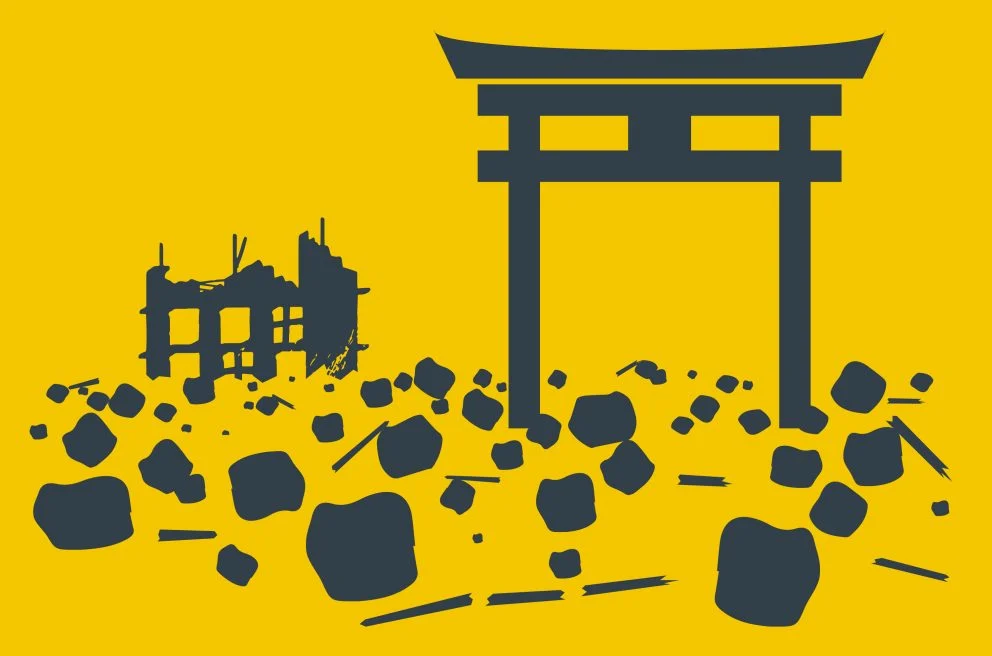This past week, the Nobel Peace Prize 2024 was awarded to Nihon Hidankyo, a Japanese grassroots movement of atomic bomb survivors from Hiroshima and Nagasaki for “its efforts to achieve a world free of nuclear weapons and for demonstrating through witness testimony that nuclear weapons must never be used again.” These efforts strive to maintain the “nuclear taboo” — an international norm that stigmatizes the use of nuclear weapons as morally unacceptable.
The extraordinary efforts of Nihon Hidankyo and other representatives of the Hibakusha have contributed greatly to the establishment of the nuclear taboo. It is therefore alarming that today this taboo against the use of nuclear weapons is under pressure.
Norwegian Nobel Committee
The atomic bombs that were dropped by the US on Hiroshima and Nagasaki in August 1945 were the first and only time nuclear weapons have ever been used. By the end of 1945, more than 200,000 people had perished due to the bombings. The immediate impact of these weapons led to the end of World War II, but the long-term consequences on hibakusha, the survivors of these atomic bombings, have continued.
No More Hibakusha
In 1956, various local organizations for hibakusha combined to form Nihon Gensuibaku Higaisha Dantai Kyogi-kai (The Japan Confederation of A- and H-Bomb Sufferers Organization) — shortened to Nihon Hidankyo — which has grown into Japan’s largest and most influential organization for hibakusha. Through personal stories, educational campaigns, and consistent public appeals against the spread and use of nuclear weapons, the group has worked to promote the social and economic rights of all hibakusha in Japan and around the world and to ensure that there will be “No More Hibakusha“.
The Hibakusha help us to describe the indescribable, to think the unthinkable, and to somehow grasp the incomprehensible pain and suffering caused by nuclear weapons.
The Nobel Peace Prize
80th Anniversary of the Bombings
2025 will mark the 80th anniversary of the atomic bombings. Since then, no nuclear weapons have been used in war, despite the fact that nuclear arsenals have grown. Today, more than 13,000 nuclear weapons are owned by nine countries and each nuclear weapon is significantly more powerful than the bombs used on Hiroshima and Nagasaki.
Family Ties
My grandmother, who survived the atomic bombing in Hiroshima, rarely spoke of that time. For her as well as so many others, it must have been too painful to recall much less talk about. Because of this, I marvel at the courage of the survivors who, by sharing their first-hand experiences through organizations like Nihon Hidankyo, have been the most important advocates for a world free of nuclear weapons.

Leave a Reply